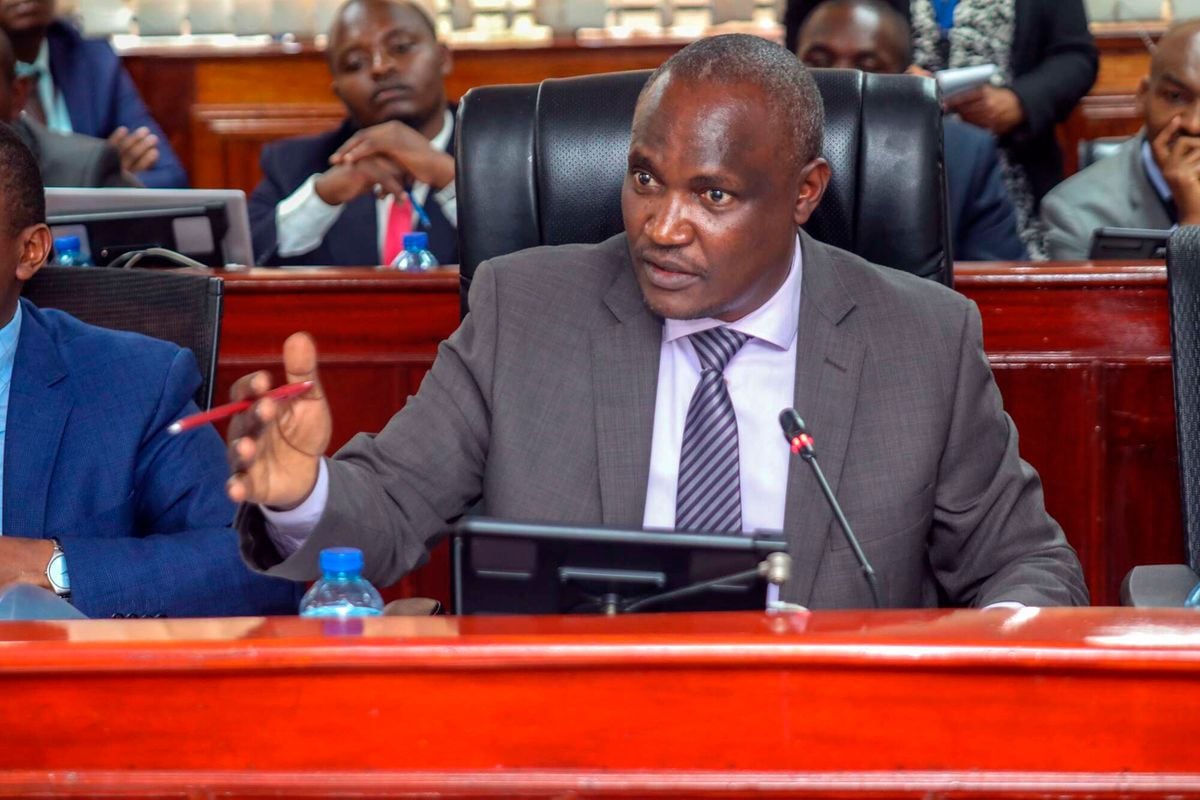
The National Treasury wants its Cabinet Secretary to have the final say on the waiver of taxes that are difficult to collect in an amendment that is likely to put the exchequer and Parliament on a collision path.
Treasury Cabinet Secretary John Mbadi has sought to amend the Tax Procedures Act by introducing a new section that would give him the overall power to determine whether or not to forgive taxes.
In the condemned Finance Bill 2024, the legislators had overturned the Treasury’s proposal to give the Commissioner General of the Kenya Revenue Authority (KRA) the power to waive long-standing debts.
Instead, the lawmakers required the KRA to publish waivers of taxes deemed uncollectible and to seek parliamentary approval. The proposed law was abandoned following widespread protests.
“The commissioner shall, where he or she determines that there is doubt or difficulty in recovery of tax, refer the case to the Cabinet Secretary for consideration and approval for relief of part or the whole of the tax due from a person,” reads part of the Tax Procedures (Amendment) Act, 2024.
“The Cabinet Secretary may approve relief of part or the whole of the tax due from a person or direct the commissioner in writing to take such action as may be appropriate,” the Bill adds.
The KRA chief must follow the directions given by the Cabinet Secretary, and cannot assess or recover unpaid tax or the liability related to the relief granted.
The Bill requires the Cabinet Secretary to publish a gazette notice every four months listing the taxpayers whose debts have been forgiven, the reasons for the relief, and the amount waived.
Although the National Assembly has 21 days to decide whether to approve or annul the notice, annulling the notice does not invalidate decisions taken before by the Cabinet Secretary, which makes the National Assembly’s role in tax relief largely ceremonial.
Members of Parliament had rejected a proposal to hand powers to abandon taxes to the KRA commissioner-general in a move that prevented the creation of an all-powerful tax czar.
The Finance Bill, 2024 had initially proposed to allow the KRA chief, with the approval of the Treasury, to abandon unpaid taxes due to difficulties in collecting them or the costly nature of pursuing tax cheats.
An audit of the KRA’s books for the financial year ending June 2023 by the Auditor-General showed that there was a revenue debt of Sh542,192,103,181 (Sh542 billion) as at June 30, 2022. Of this, doubtful and uncollectible long outstanding balances stood at Sh537,766,663,107 (Sh538 billion).
In March last year, the High Court quashed income tax waivers granted to Japanese workers and companies saying the decision to award the reliefs by the former Treasury boss Ukur Yatani in 2021 was unconstitutional as the CS did not have such powers.
Mr Yatani had exempted income tax for businesses and workers earnings from 15 projects valued at Sh328 billion.









